It began as a 1,200-words essay, sort of a frequently asked questions (FAQ) explainer of being in an open marriage, before culminating in a bidding war involving multiple major publishing houses.
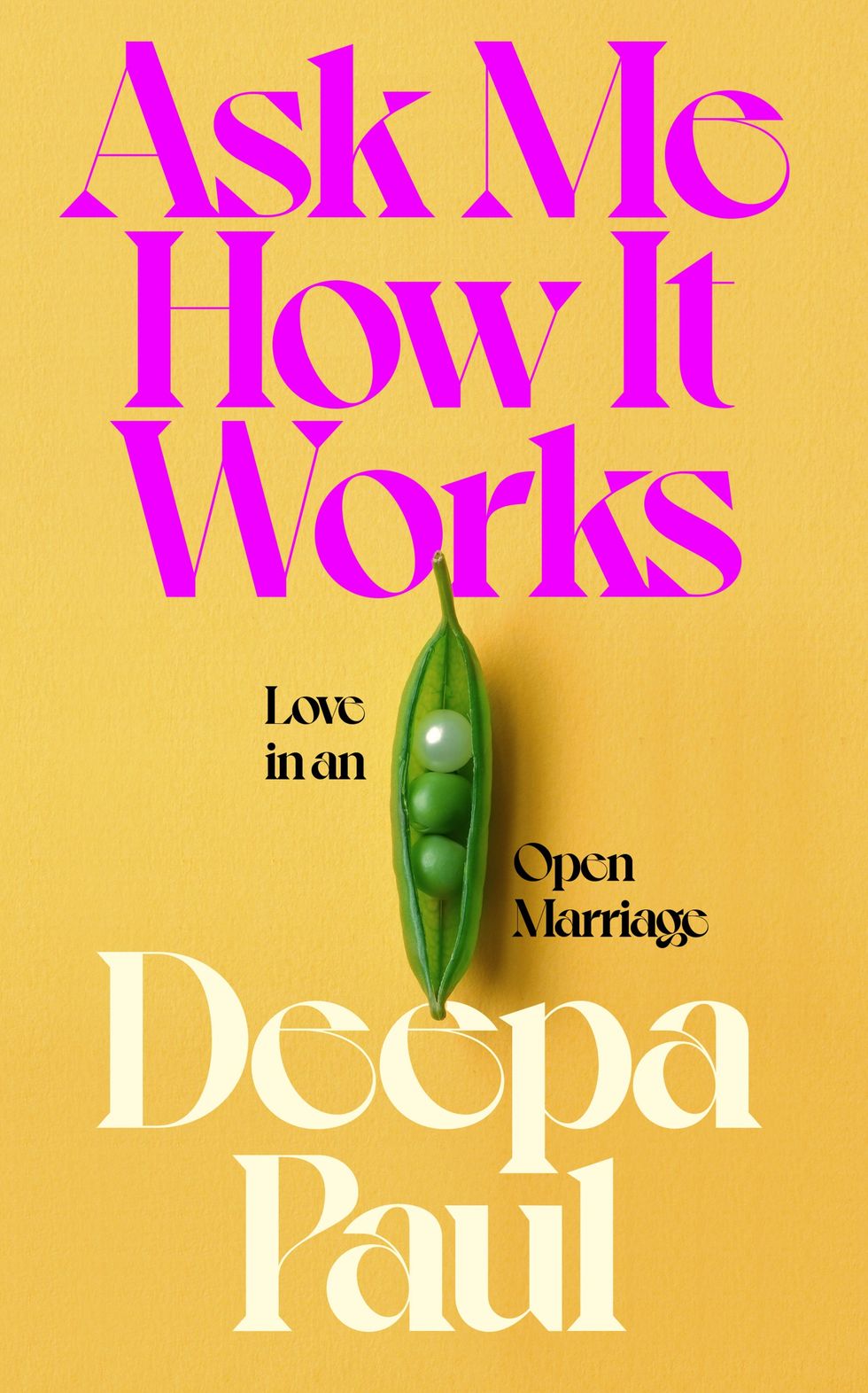
Deepa Paul’s Ask Me How It Works does what it says on the tin. It’s her story of being in a committed marriage with her husband of 17 years, while the couple also date other people, with each other’s knowledge.
However, seven or eight years ago, no one was interested in publishing it, said Paul. When a writing coach suggested it was more than an essay, she wrote the draft and that led to a publishing deal.
“It’s basically almost unchanged from where I began. There was no grand vision. It was – what have I experienced, what have I learned from it, and what can I share?” Paul said.
She recalled a writing habit “to process my own experiences and to understand what’s going on in my life”.
Paul added, “Initially I started writing mainly for myself. There was a point at which I was receiving so many questions from men who I was open with on dating apps, and I remember thinking as a joke, almost like, ‘What if I could just send them something that would make my life easier.’”
“In the beginning it was called Ask Me How It Works: frequently asked questions about my open marriage. And this essay just got longer and longer.”
Paul, a half-Indian, half-Filipina writer, lives with her husband, Marcus, in Amsterdam, having moved there from Manila, where they both grew up. The couple have a young daughter, and Paul also has a boyfriend of five years in the city.
She was polyamorous at the time of writing the book, but said she is currently not dating anyone else.
Each chapter in her book dwells on the many questions raised by Paul’s curious dates – from how it started to the rules the couple follow, feelings, love and therapy.
“It’s always been about self discovery,” Paul said. “My preferred method of growth is to put myself in new situations and see how I adapt.
“It sounds very chaotic and maybe stressful for a lot of people, but I value adaptability and flexibility and being able to find out about myself through the mirror of relationships.
“I believe that an encounter with somebody – whether it’s for one night or for months or years or a lifetime – can mirror back to you things about yourself that you’ve never saw before.”
Paul was raised in the Philippines (the country is predominantly Catholic and divorce is banned), but when she moved to the Netherlands, realised there were opportunities to explore relationships outside her marriage. Over the course of more than a dozen chapters, she charts her journey as she and her husband seek encounters outside their marriage. Both are certain, however, that they want to be in the marriage and are committed to raising a family together.
Paul explained how her idea of marriage has transformed over time.
“What I learned from my parents, seeing their picture of love and commitment, was that we would build a life together, that we had shared goals and we would achieve them together,” she said.
“A family was definitely part of it. It felt like a big adventure we could go on together. Me moving to Singapore to be with him, (it) felt like I was giving a lot, but it also felt adventurous. Then moving to Amsterdam was another adventure. I saw marriage as a series of adventures for which I had found a partner.
“Now, I would say that’s changed in the sense that there’s much less ‘adventuring’. It’s more realistic that we are building a life together. We have shared goals, and those evolve over time.
“But now I believe our commitment is much more fluid and flexible, because it accommodates the versions of ourselves we can become as life changes. Motherhood was a big change, migration was a massive change, cancer was a huge change (Paul was diagnosed last year, underwent treatment and is now cancer-free).
“So, now we get to check in with each other and say, ‘okay, what does commitment look like for us, for the people we are now? It’s a lot more familiar, but it’s also flexible.”
Life in Amsterdam could not be more in contrast to Manila. In fact, in one of the final chapters, Paul explains what the book is about to her pre-teen daughter and waits tentatively for her response.
Her reaction? Paul and Marcus are not the only ones in their daughter’s class to have an open marriage.
“Welcome to Amsterdam!” she writes. “If I stayed in Manila, I don’t think I would have ever realised that non-monogamy is an option. I came to Amsterdam and I was almost shocked at how accepted it is – that it is an option available for us as a relationship style.”
Paul explores the many facets of relationships – established, committed or casual – as she and Marcus ‘open up’ their marriage. Having dating rules, establishing boundaries, testing them, adapting, building trust, maintaining faith in each other, therapy, co-parenting, pursuing careers and Covid lockdowns – Ask Me How It Works answers all the questions readers could possibly be curious about.
She said the effort was worth it. “I find working on relationships fulfilling. I think I’m a relationship nerd. I love talking about attachment styles and I believe the greatest fulfilment I derive from life is from relationships. It’s not from possessions or experiences. I love figuring out relationships – how somebody wants to be loved, what makes them feel special, feel safe.
“And then, when I realised I can also give that to them, I found myself expanding. I thought, ‘Oh, I didn’t think I could love this way, I didn’t think I could care for someone in this specific manner.’ And, somehow, I managed to keep track of all of them.”
Paul added, “I’m also very into the idea of experiencing pleasure in different ways, and I learned so much about my desires, but also my body. I have a really good relationship with my body – through the mirror of other people, and I do love that I have an identity.
“I’m encouraged and allowed to build an identity for myself that doesn’t revolve around being a wife and a mother. I can be 100 per cent a good wife and mother, but also be 100 per cent myself.
“And it’s not a trade-off. So, for me, that’s worth the extra effort, of what people think is so tiring.”
Although Paul is not dating anyone else apart from her boyfriend, she has seen a shift in the approach to monogamous and non-monogamous relationships, saying that while the latter are more accepted now, it’s not yet mainstream.
She has also observed how women in some conservative societies feel about desire. “In terms of attraction and desire, we’re taught that it’s a very destructive force, but it is also a force of great power – it can make people look and feel and come alive and be really present in their senses,” Paul said.
“I take a lot of inspiration, for example, from Audre Lorde’s essay The uses of erotic where she says, ‘once you’ve tapped into something that really gives you joy and aliveness, it’s like you can’t turn it off.’ It feeds so much into our lives and women are sort of stopped from doing that.”
She added, “But then, when we are at our most fully expressed and alive and just enjoying the deliciousness of life, who immediately benefits? Family and society, as well.”
Paul revealed she considered writing the book under a pseudonym.
However, she said, “If I cannot stand by my choices, my ups and my downs and my mistakes, and I can’t put my name and my face on it, then shame still has power over me.
“For me, it’s a powerful exercise to say, ‘Yeah, I did all of this and I made these mistakes, I cleaned them up, and I somehow turned them into a life that I love, with all the people I love along with me for the ride.
“If I had kept hiding that, I would not really have been freed,” she said.
“Regardless of whether you are monogamous or non-monogamous, people are messy.
“Life is unpredictable, emotions are messy. So we just do the best we can with the tools we have.”
Ask Me How It Works: Love in an Open Marriage by Deepa Paul, published by Viking, is out now






 He says "immigrants are the lifeblood of this country"Instagram/ itsmetawseef
He says "immigrants are the lifeblood of this country"Instagram/ itsmetawseef This book is, in a way, a love letter to how they raised meInstagram/ itsmetawseef
This book is, in a way, a love letter to how they raised meInstagram/ itsmetawseef








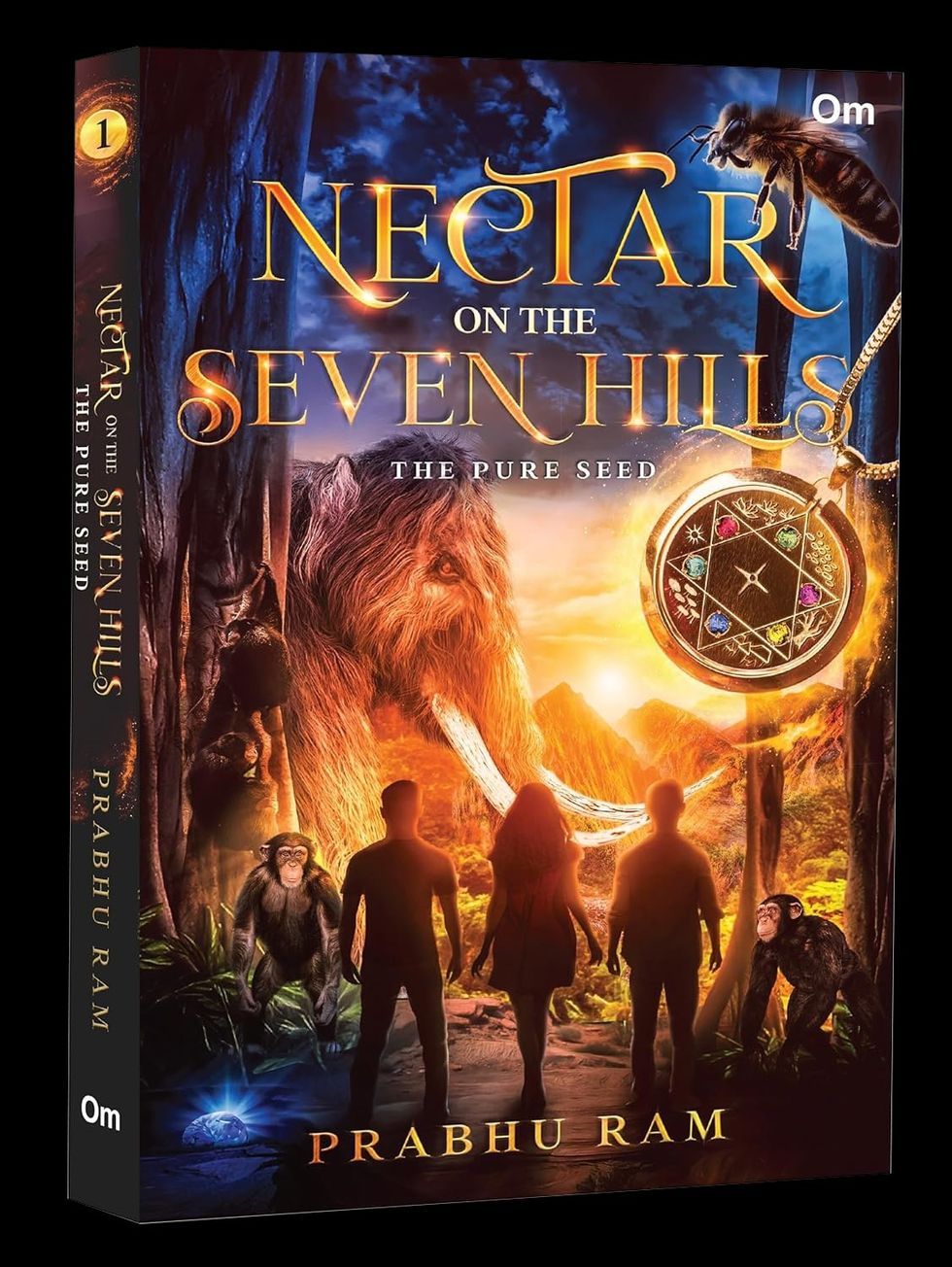 Ram creates a global narrative tapestryOm Books International
Ram creates a global narrative tapestryOm Books International
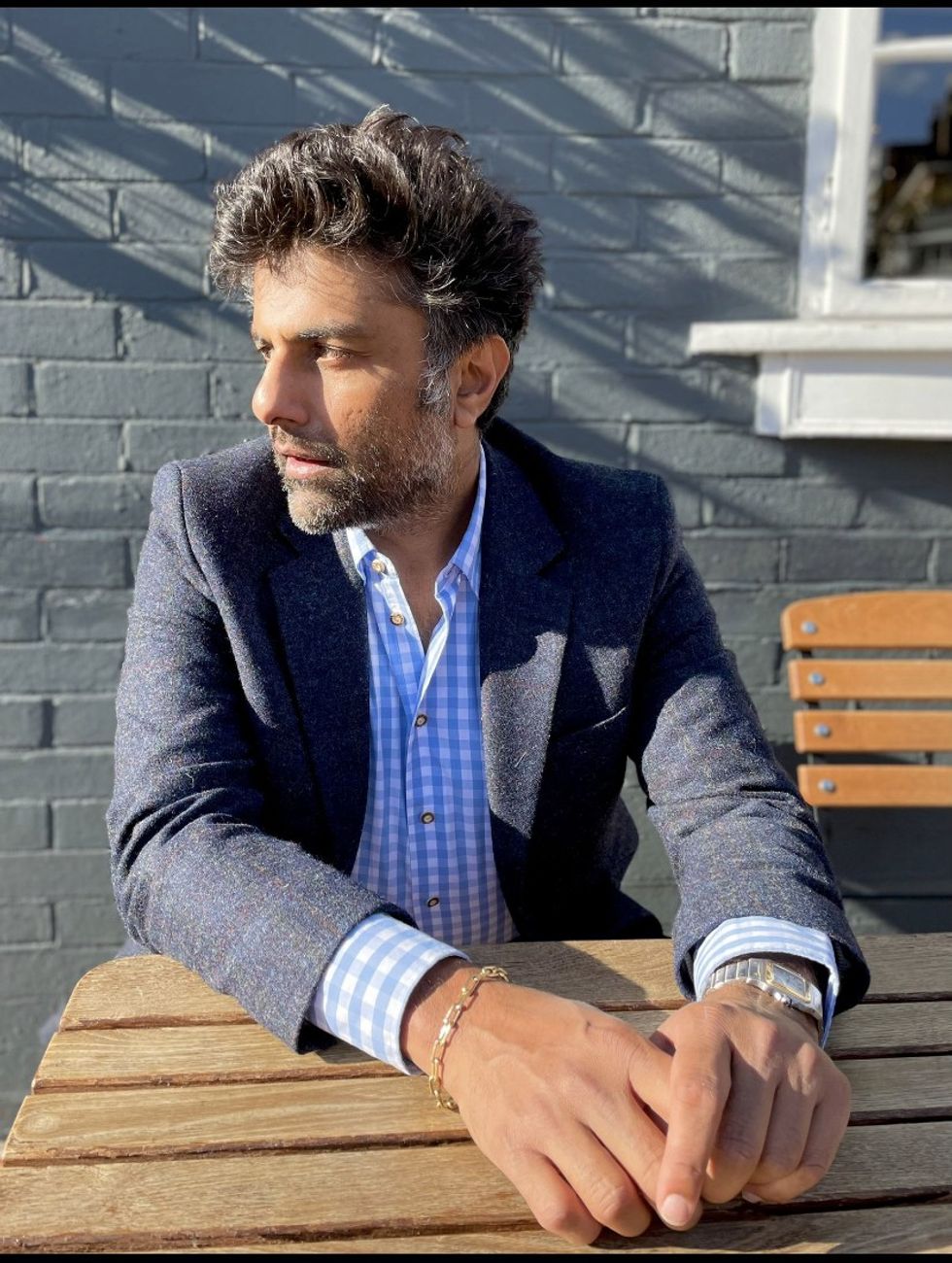 Ram Murali
Ram Murali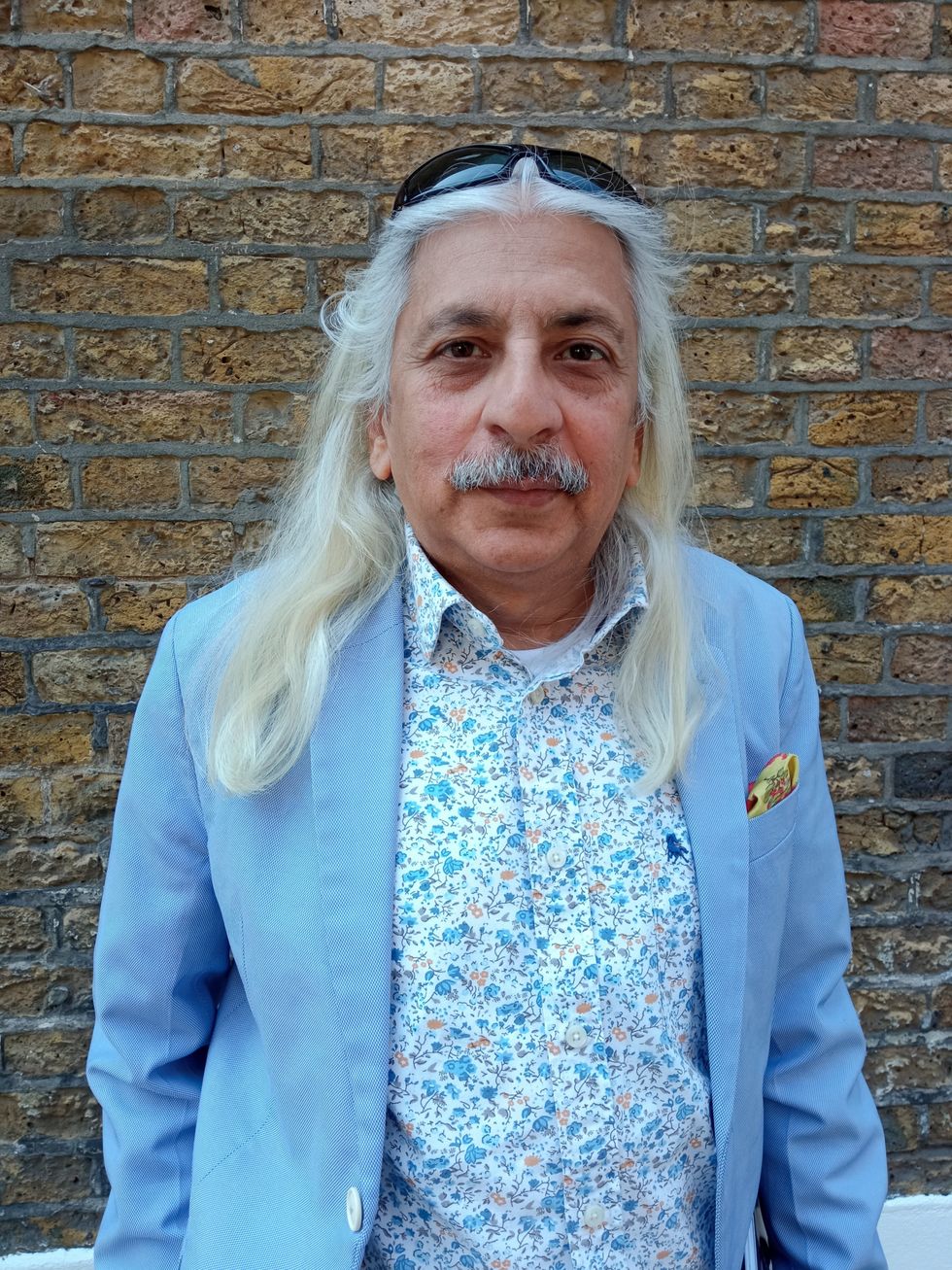 Sanjoy K Roy
Sanjoy K Roy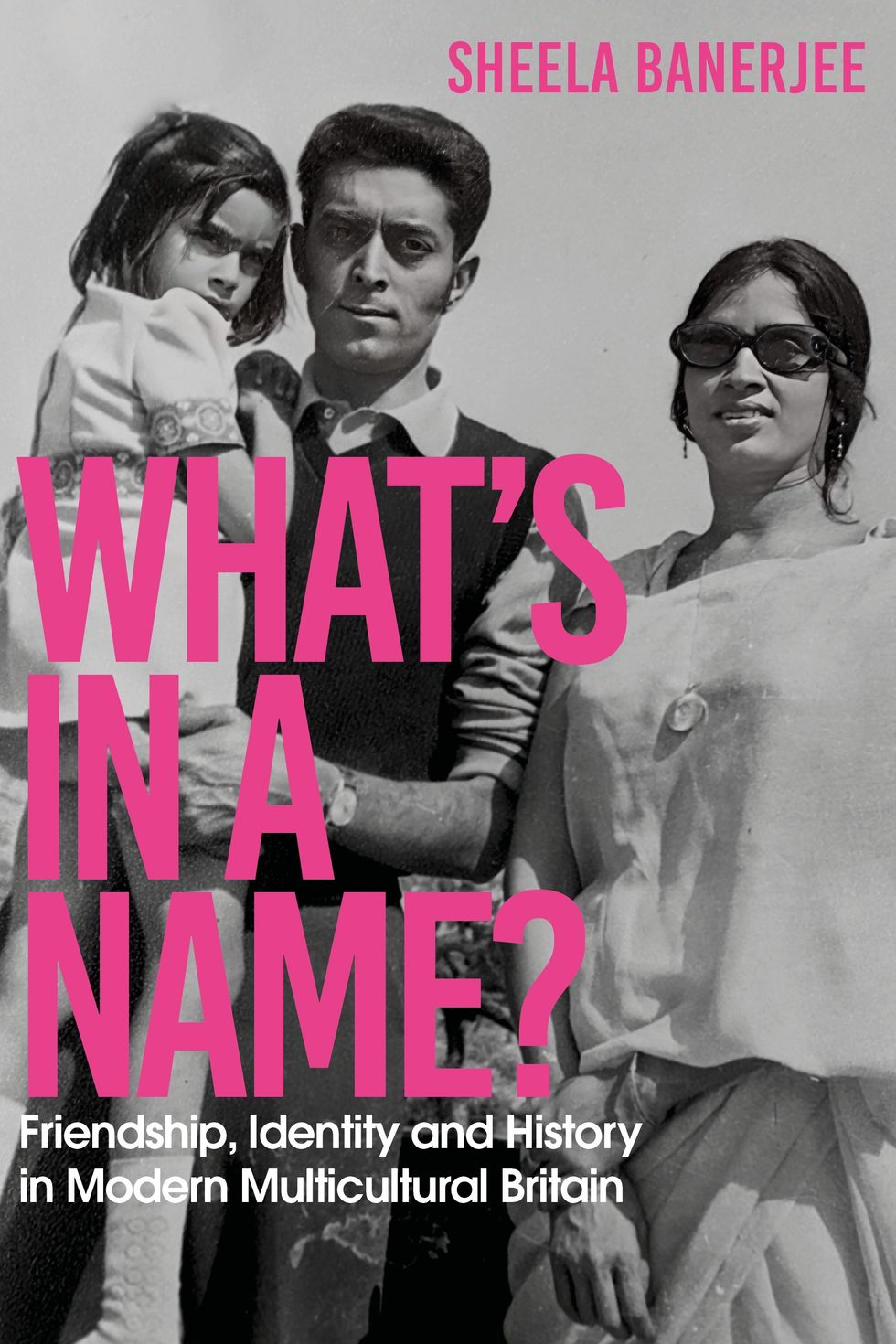 Sheela Banerjee’s award-winning book
Sheela Banerjee’s award-winning book
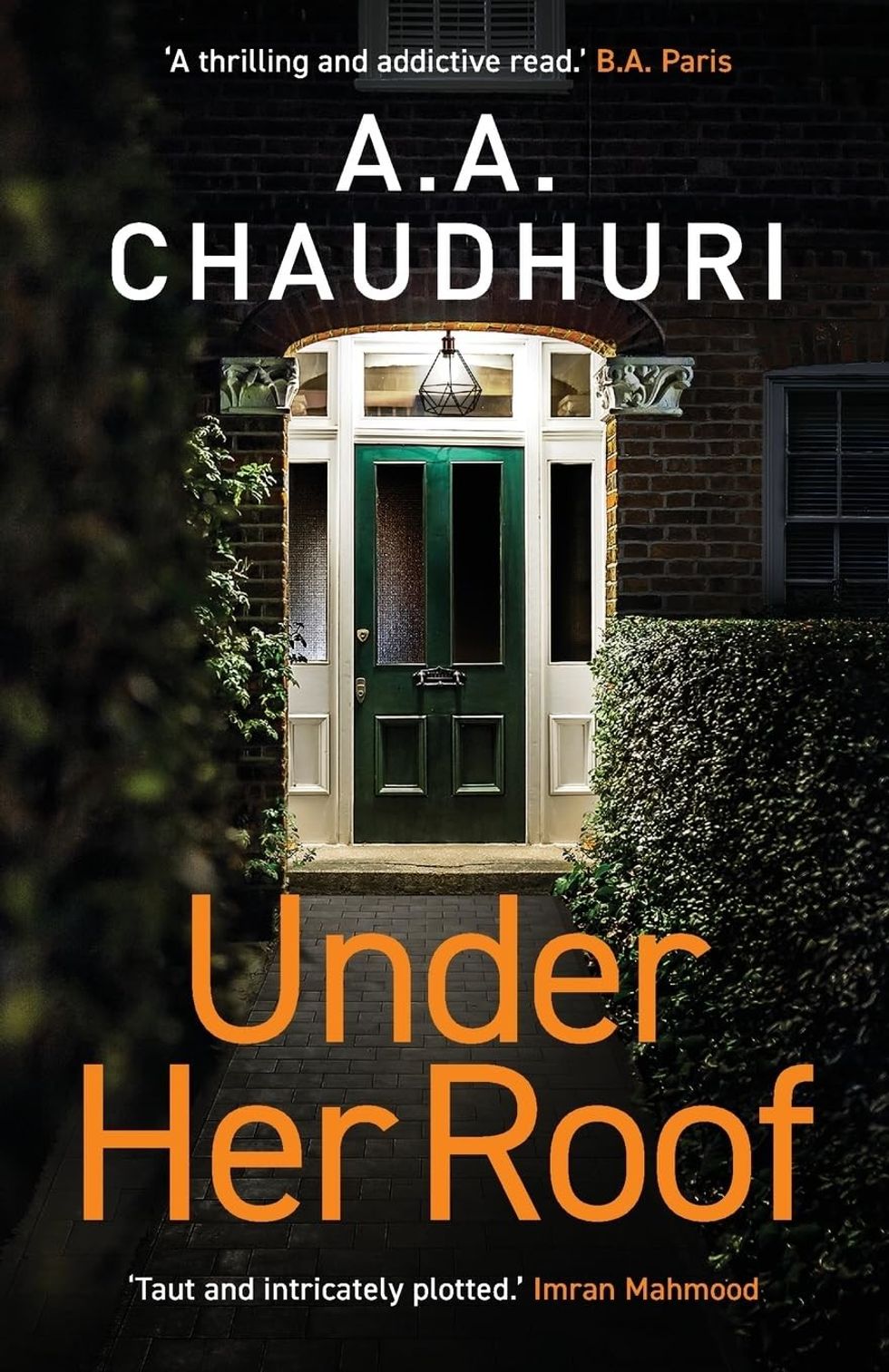 Her book ' Under Her Root'Facebook/ AA Chaudhuri
Her book ' Under Her Root'Facebook/ AA Chaudhuri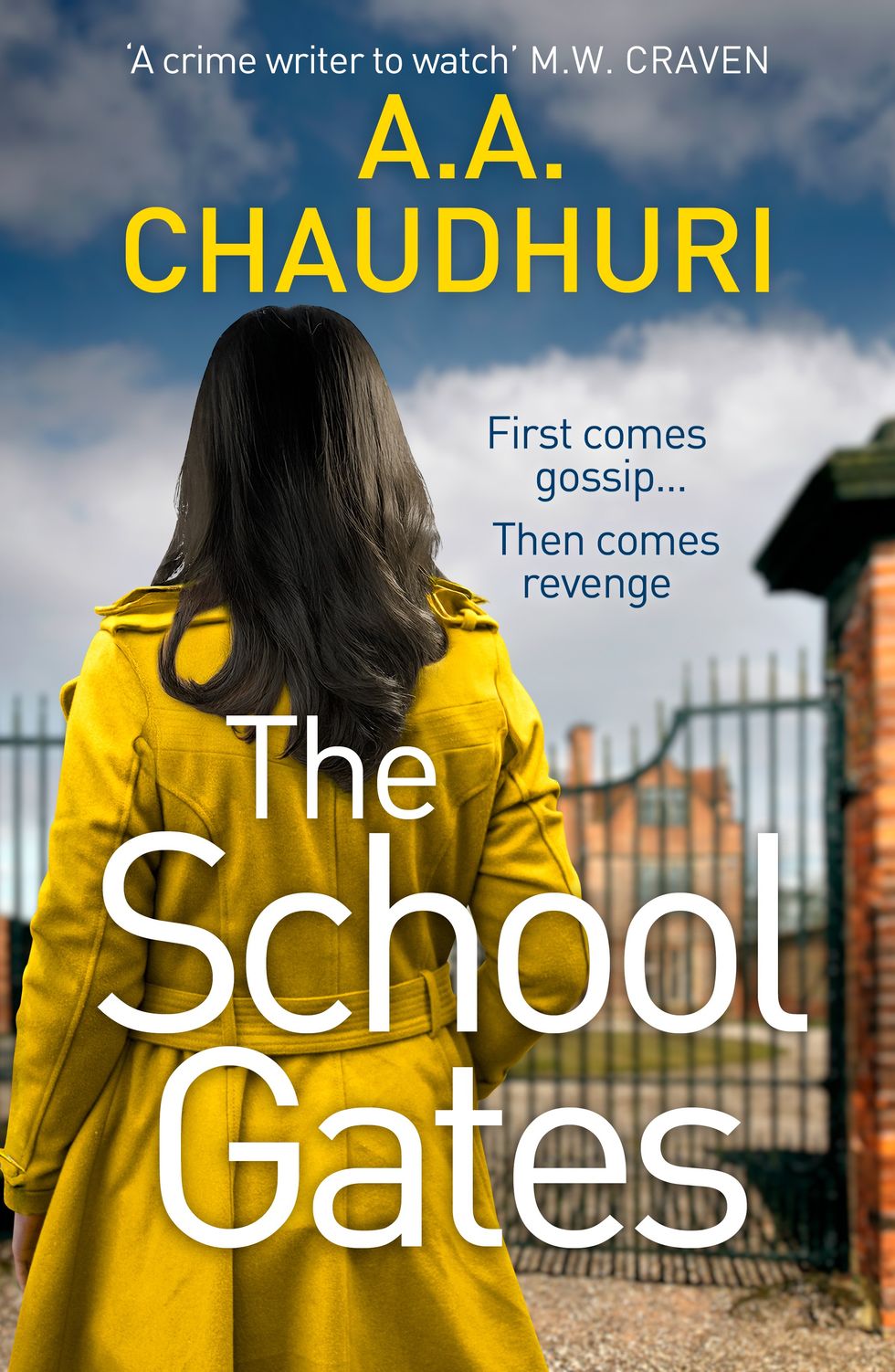 Her book 'The School Gates'Facebook/ AA Chaudhuri
Her book 'The School Gates'Facebook/ AA Chaudhuri
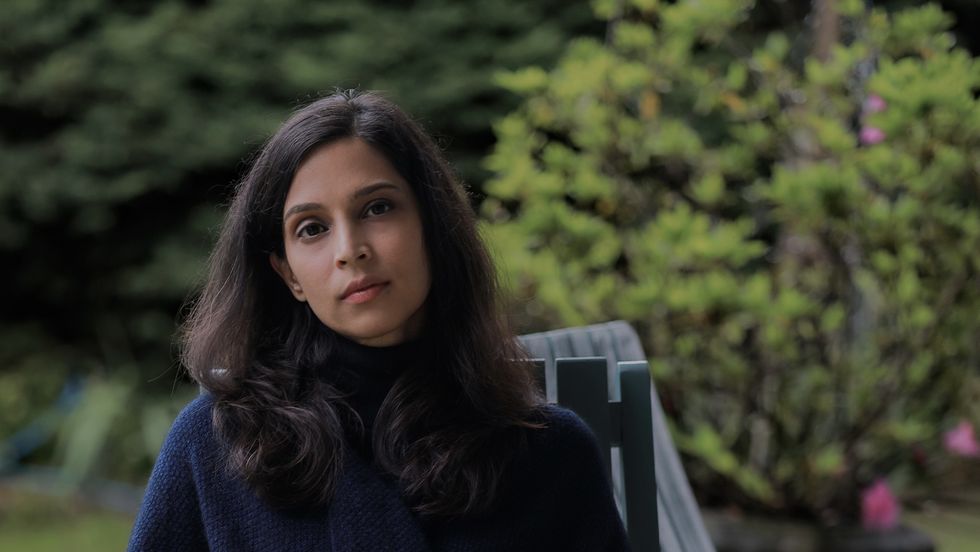 Devika Rege
Devika Rege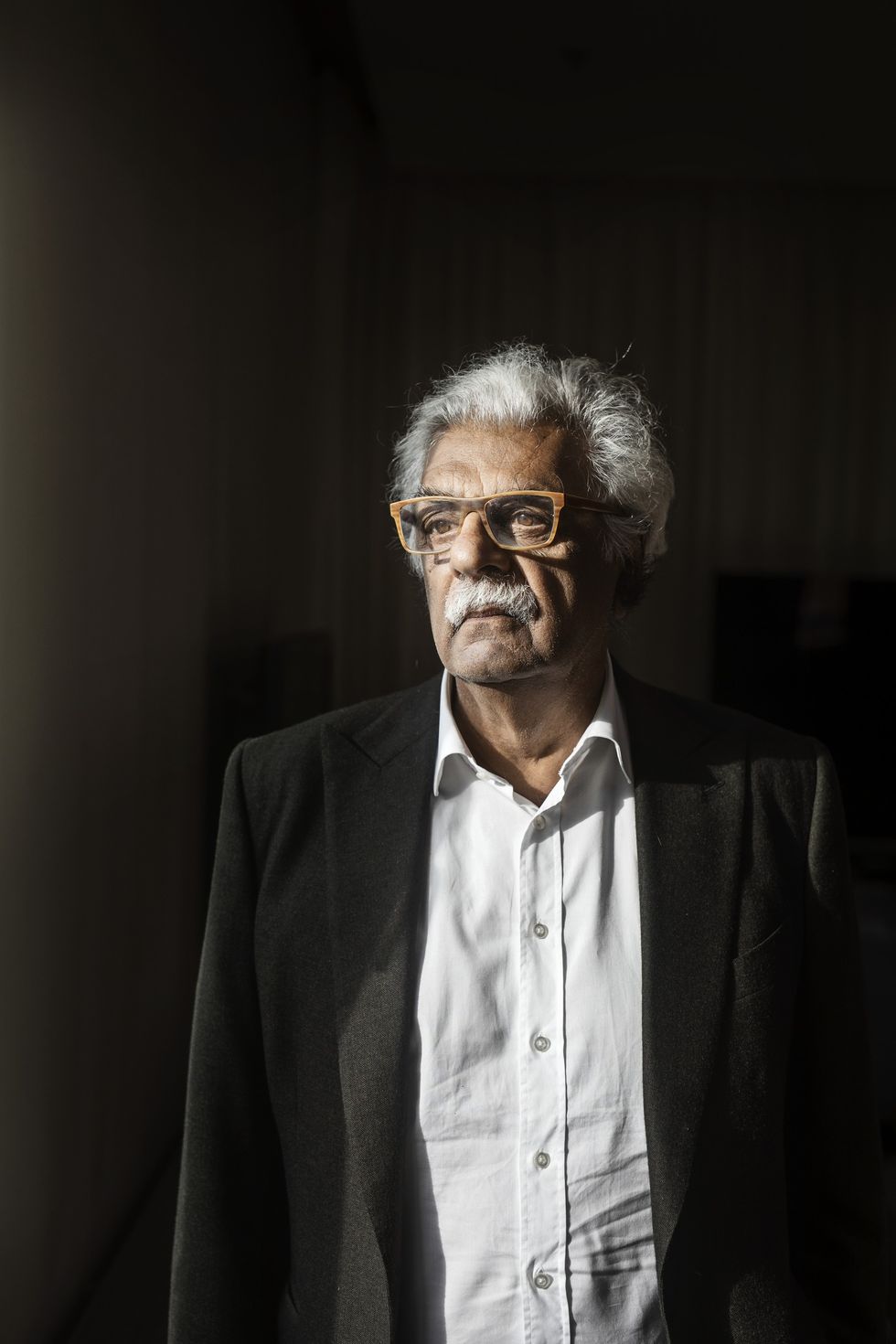 Tariq Ali
Tariq Ali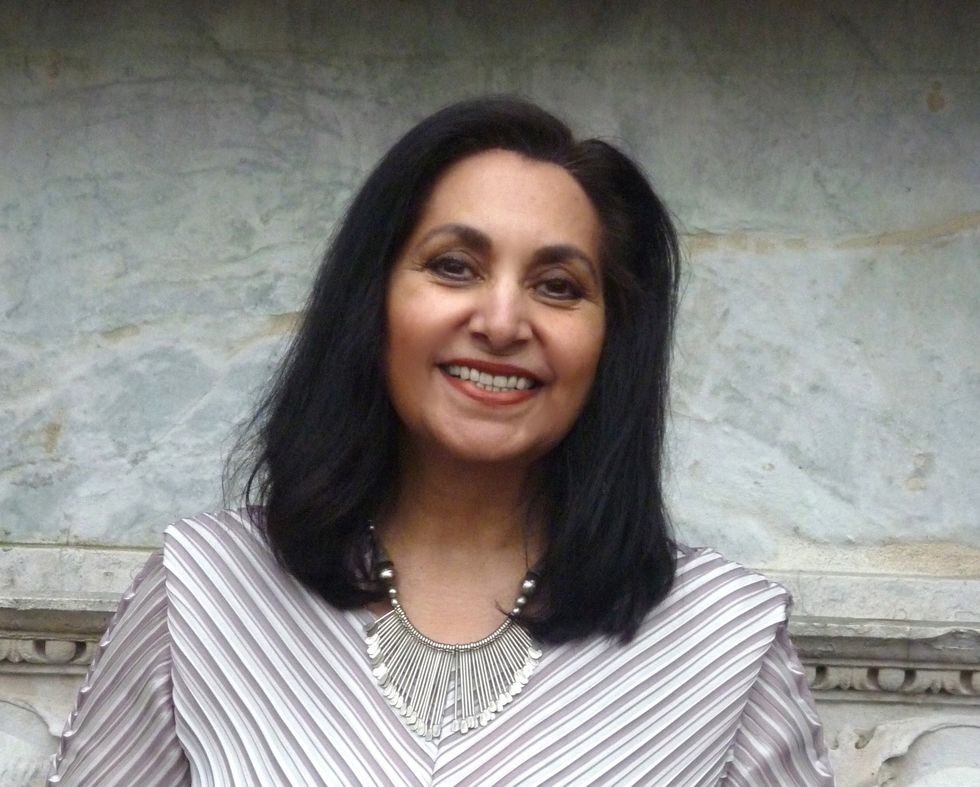 Imtiaz Dharker
Imtiaz Dharker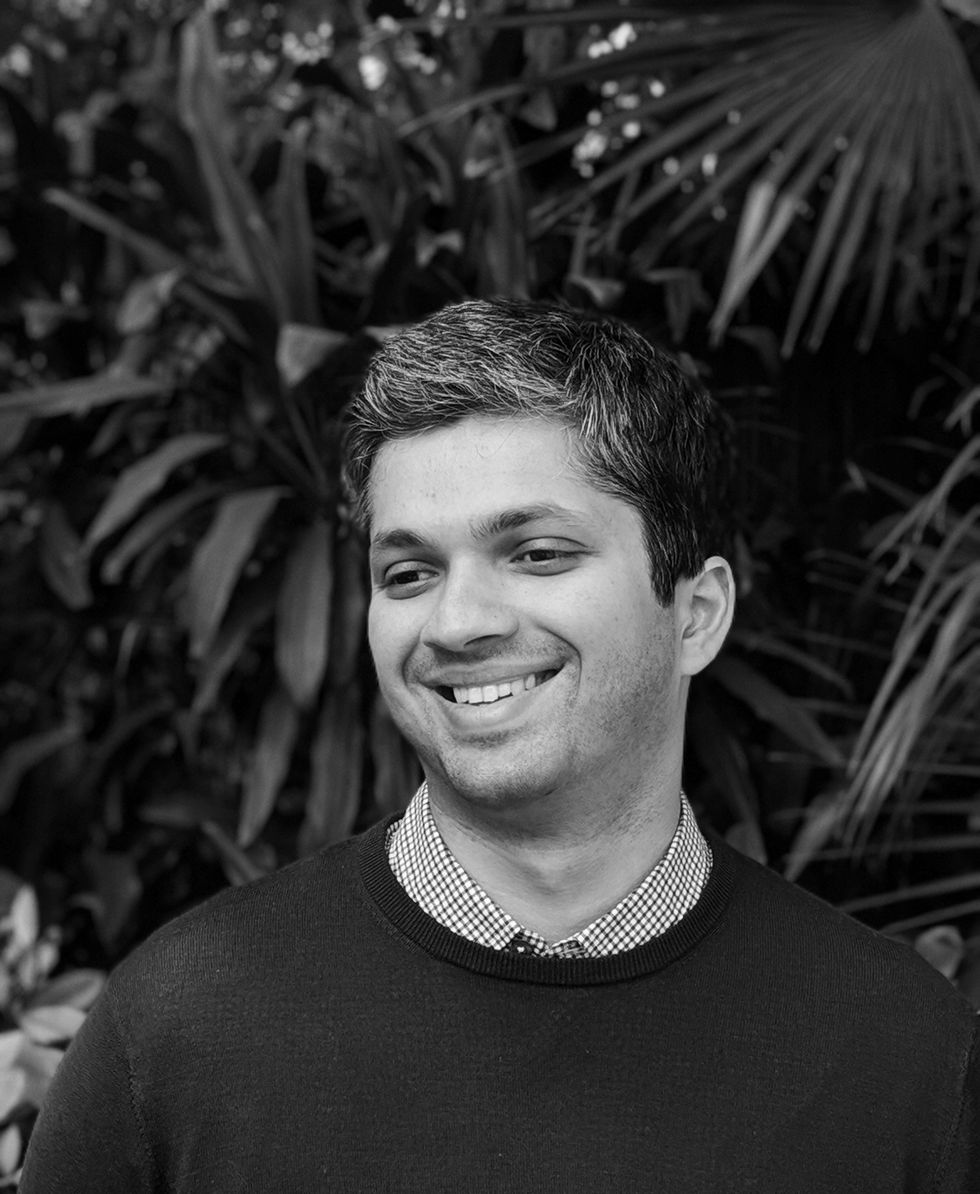 Keshava Guha
Keshava Guha